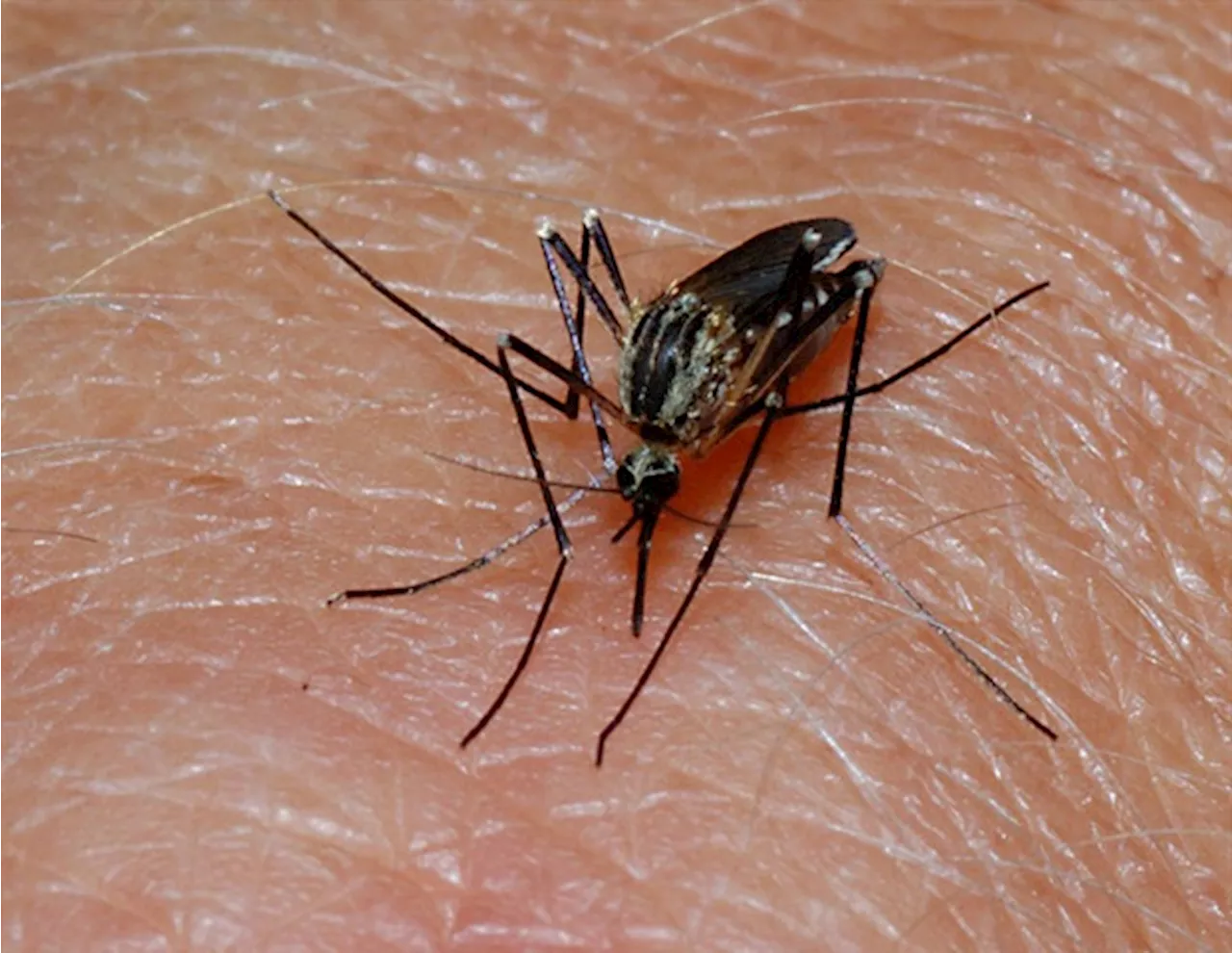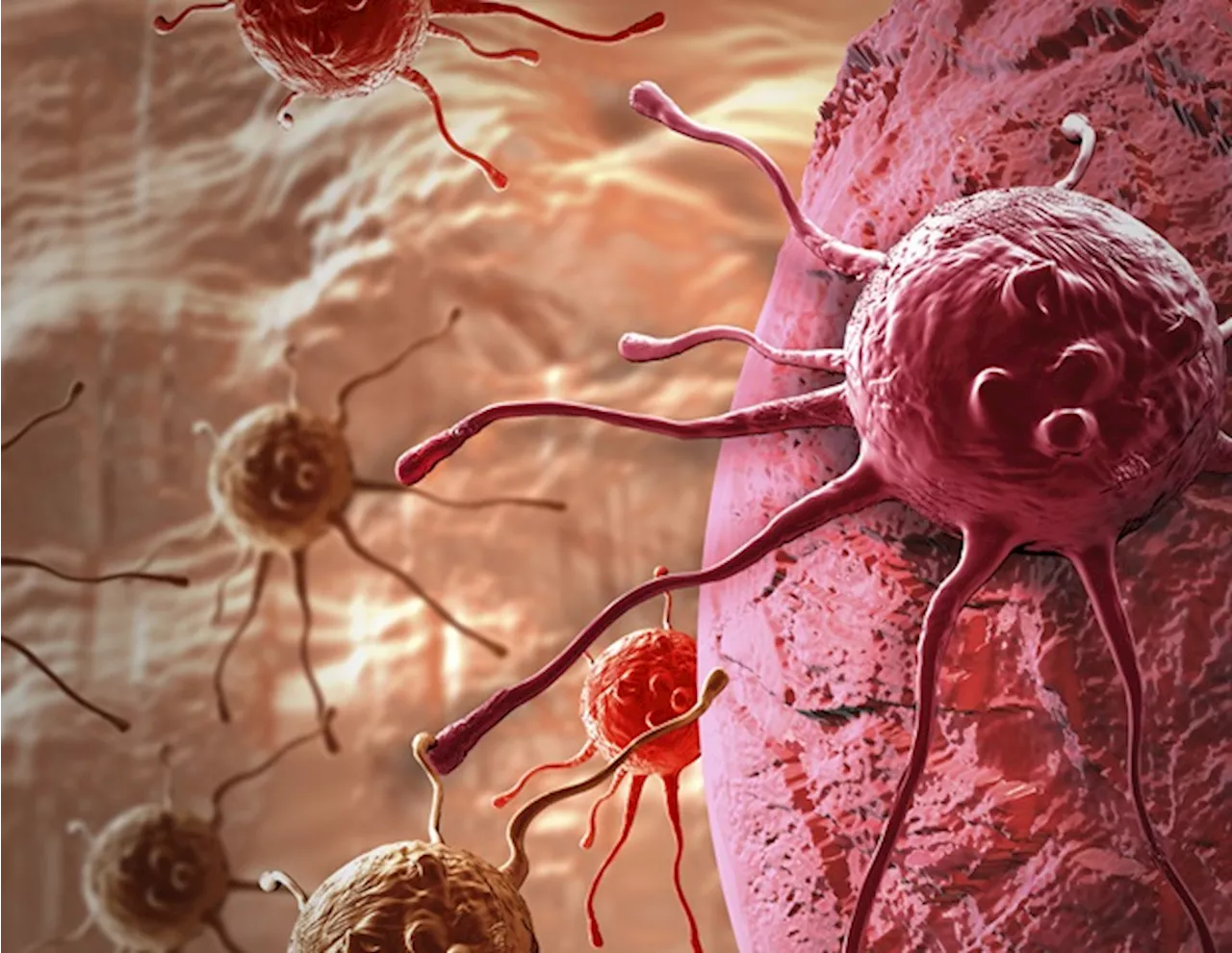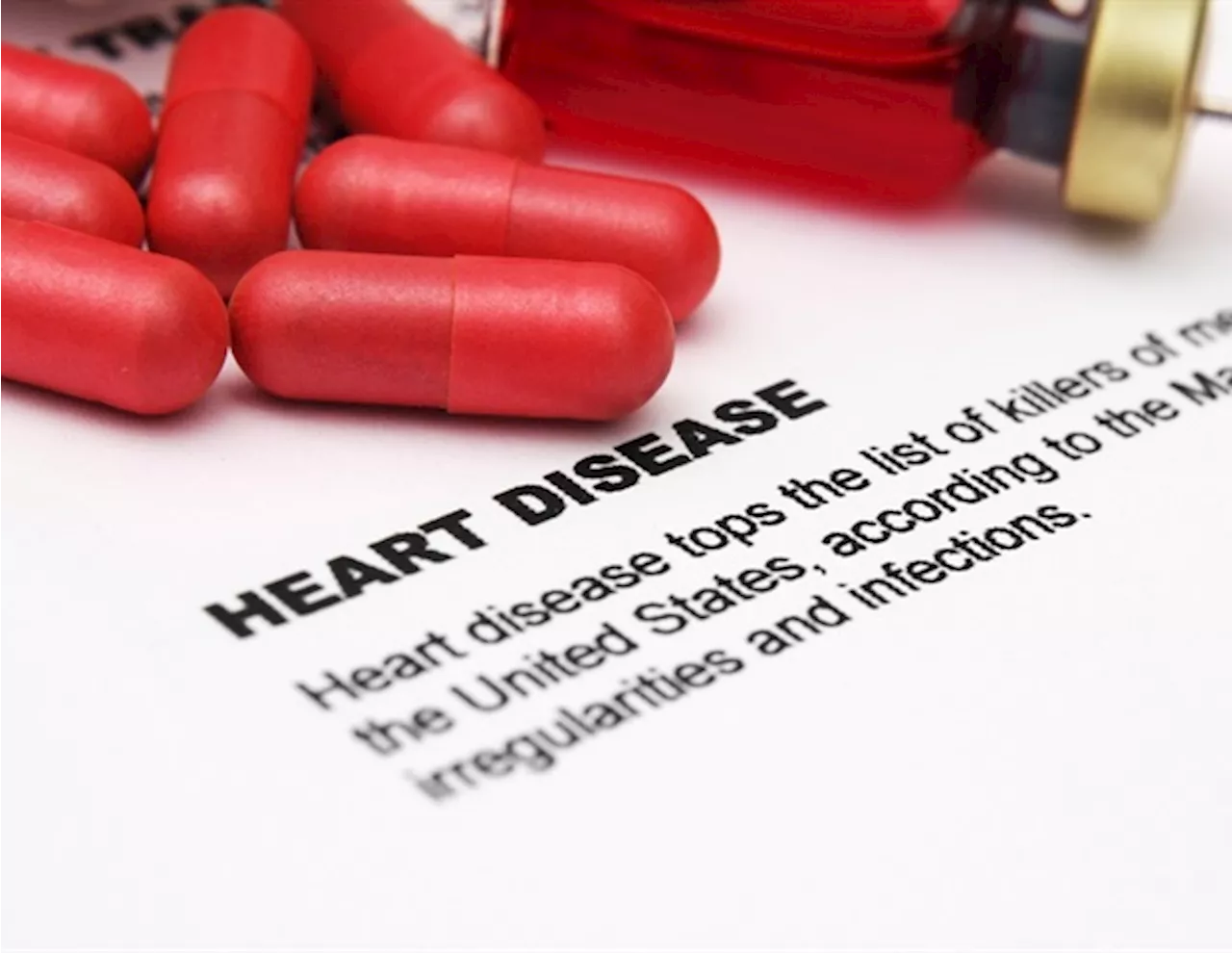A little of what you fancy does you good… unless it's a fizzy drink. Scientists studying the impact of sugar on the risk of cardiovascular disease have found that eating too much added sugar increases your risk of stroke or aneurysm, but eating a few treats is associated with a lower risk of cardiovascular diseases.
FrontiersDec 9 2024 A little of what you fancy does you good… unless it's a fizzy drink. Scientists studying the impact of sugar on the risk of cardiovascular disease have found that eating too much added sugar increases your risk of stroke or aneurysm, but eating a few treats is associated with a lower risk of cardiovascular disease s. Meanwhile, drinking sweetened beverages raises your risk of stroke, heart failure , and atrial fibrillation .
To understand how sugar consumption affects cardiovascular disease risk, and whether consuming different kinds of sugar changes those risks, the scientists collected data from two major cohort studies, the Swedish Mammography Cohort and the Cohort of Swedish Men. These studies had diet questionnaires administered in 1997 and 2009, allowing the scientists to monitor participants' diets over time.
The scientists then used this data to break down how the different types of sugar intake affect the risk of different cardiovascular diseases. However, the highest risks of a negative health outcome arose in the lowest intake category for treats. Consuming occasional treats was associated with better outcomes than no treats at all.
Abdominal Aortic Aneurysm Aneurysm Aortic Aneurysm Atrial Fibrillation Diet Heart Heart Failure Ischemic Stroke Public Health Research Stroke Teeth
United Kingdom Latest News, United Kingdom Headlines
Similar News:You can also read news stories similar to this one that we have collected from other news sources.
 Covid could cure cancer, scientists discover – as virus ‘shrinks tumours’ in breakthrough study...Covid symptoms
Covid could cure cancer, scientists discover – as virus ‘shrinks tumours’ in breakthrough study...Covid symptoms
Read more »
 Scientists may be able to 'listen' for Alzheimer's disease, study suggestsResearchers have begun using eye movements as a clue that someone may get Alzheimer's. Now, some are saying the ears might be an even better way to detect early signs of the disease.
Scientists may be able to 'listen' for Alzheimer's disease, study suggestsResearchers have begun using eye movements as a clue that someone may get Alzheimer's. Now, some are saying the ears might be an even better way to detect early signs of the disease.
Read more »
 UChicago scientists develop a new approach to study snoRNAsDynamic, reversible modifications of DNA and RNA regulate how genes are expressed and transcribed, which can influence cellular processes, disease development, and overall organismal health.
UChicago scientists develop a new approach to study snoRNAsDynamic, reversible modifications of DNA and RNA regulate how genes are expressed and transcribed, which can influence cellular processes, disease development, and overall organismal health.
Read more »
 Scientists develop method to study malaria's sticky proteinsScientists have unveiled a new tool for studying the highly variable traits that allow malaria parasites to stick to red blood cells and evade the immune system.
Scientists develop method to study malaria's sticky proteinsScientists have unveiled a new tool for studying the highly variable traits that allow malaria parasites to stick to red blood cells and evade the immune system.
Read more »
 Occasional sweet treat may be healthier than no sugar at all, study findsScientists in Sweden studied nearly 70,000 people over 22 years and found that people who had the occasional sweet treat had better health outcomes than people who had no treats at all.
Occasional sweet treat may be healthier than no sugar at all, study findsScientists in Sweden studied nearly 70,000 people over 22 years and found that people who had the occasional sweet treat had better health outcomes than people who had no treats at all.
Read more »
 Scientists uncover a previously unrecognized tumor suppression mechanismThere are processes in the human body that can suppress the growth and proliferation of cancer cells. These mechanisms, including those involving the tumor suppressor protein p53, are widely studied due to their critical role in disease.
Scientists uncover a previously unrecognized tumor suppression mechanismThere are processes in the human body that can suppress the growth and proliferation of cancer cells. These mechanisms, including those involving the tumor suppressor protein p53, are widely studied due to their critical role in disease.
Read more »
